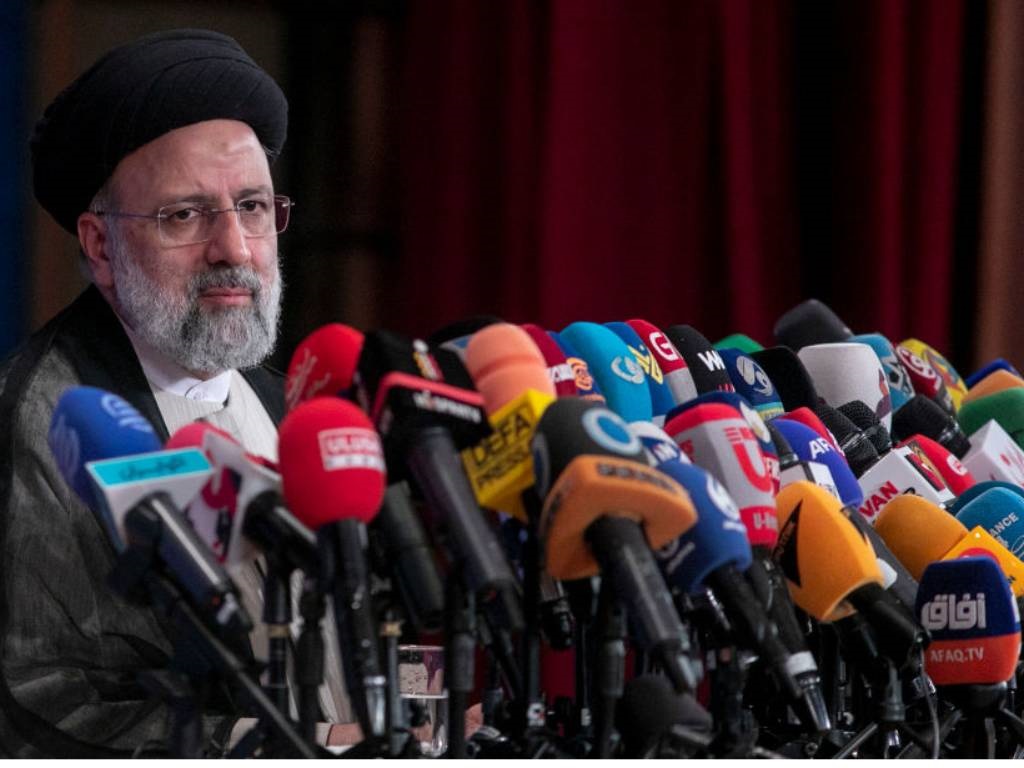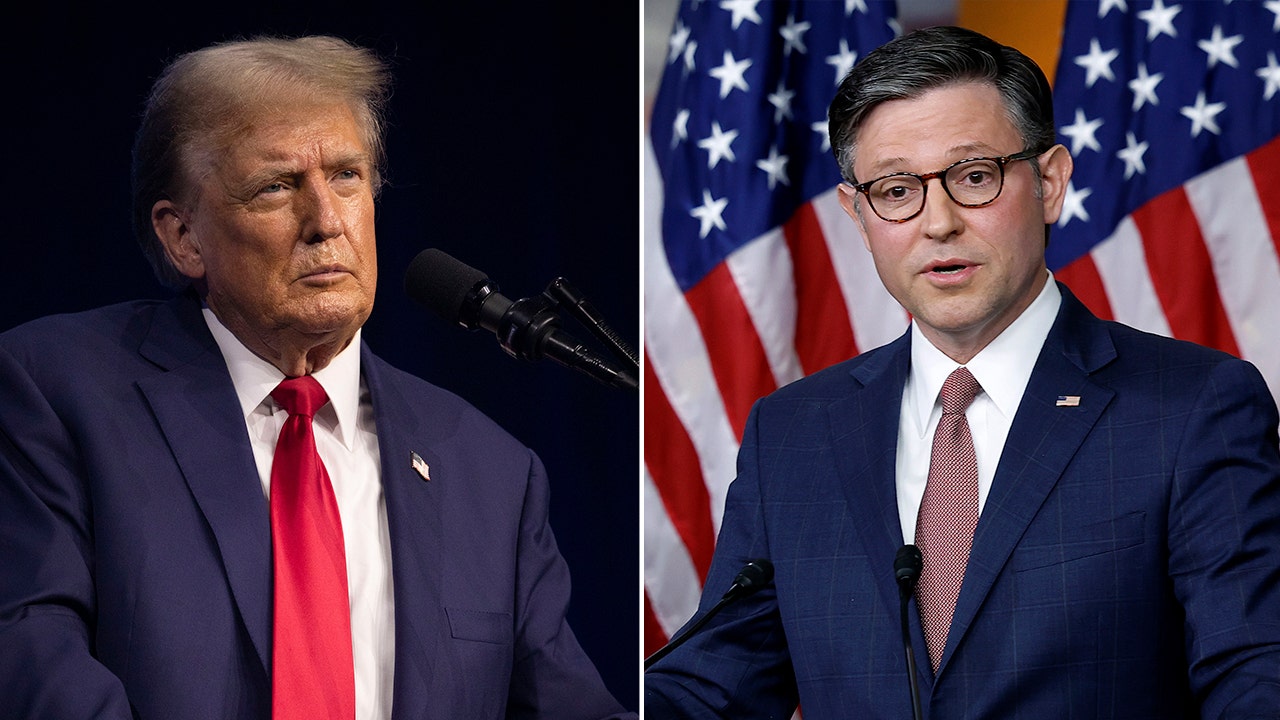Using armoured vehicles and backhoes to shove aside charred barricades, French security forces worked Sunday to retake control of the highway to the international airport in violence-scorched New Caledonia, shuttered because of deadly unrest wracking the French Pacific archipelago where Indigenous people have long sought independence from France.
An eventual reopening of the Nouméa-La Tontouta airport to commercial flights could allow stranded tourists to escape the island where armed clashes, arson, looting and other mayhem have prompted France to impose a state of emergency. The airport, with routes to Australia, Singapore, New Zealand and other destinations, closed Tuesday as protests against voting reforms opposed by pro-independence supporters degenerated into widespread violence, leaving a vast trail of destruction.
French Interior Minister Gérald Darmanin, posting on social media platform X, said the “major operation” was “aimed at fully regaining control” of the RT1 highway between the capital, Nouméa, and the airport 60 kilometres (nearly 40 miles) to the northwest. He said more than 600 gendarmes were deployed. The number spoke to the difficulty of clearing roads of charred debris and barricades erected by pro-independence demonstrators and residents who have banded together to try to protect homes and livelihoods against rioters and looters.
The police effort to reopen the airport road cleared nearly 60 barricades on its first day, French authorities in New Caledonia’ posted on X.
The French High Commission, in a statement, described the night of Saturday to Sunday as “calmer” but still spoke of two blazes and the looting of a gas station, without giving details. A 6 p.m. to 6 a.m. curfew is in effect and security forces have been granted emergency powers, including house detention for people deemed a threat to public order and expanded leeway to conduct searches, seize weapons and restrict movements, with possible jail time for violators.
The High Commission also said 230 people it described as rioters have been detained.
Nouméa’s mayor, Sonia Lagarde, told French broadcaster BFMTV on Sunday that fully clearing the airport road could take “days and days” because of “an enormous amount of burned carcasses of cars.”
“The situation is still dramatic,” she said.
Gen. Nicolas Matthéos, head of the archipelago’s public order force of gendarmes, said some barricades had been booby-trapped with gas canisters and reinforced with “walls of vehicles.”
The foreign ministers of Australia and New Zealand said they are seeking French green lights to fly out their nationals.
“French authorities advise the situation on the ground is preventing flights. We continue to pursue approvals,” the Australian minister, Penny Wong, posted on X.
On Saturday, French authorities reported a sixth fatality in the violence, following an exchange of gunfire at a barricade in the north of the main island, at Kaala-Gomen.
There have been decades of tensions between Indigenous Kanaks seeking independence and descendants of colonizers who want to remain part of France.
The unrest erupted Monday as the French legislature in Paris debated amending the French constitution to make changes to New Caledonia voter lists. The French National Assembly in Paris approved a bill that will, among other changes, allow residents who have lived in New Caledonia for 10 years to cast ballots in provincial elections.
Opponents fear the measure will benefit pro-France politicians in New Caledonia and further marginalize Kanaks who once suffered from strict segregation policies and widespread discrimination.





















Discussion about this post